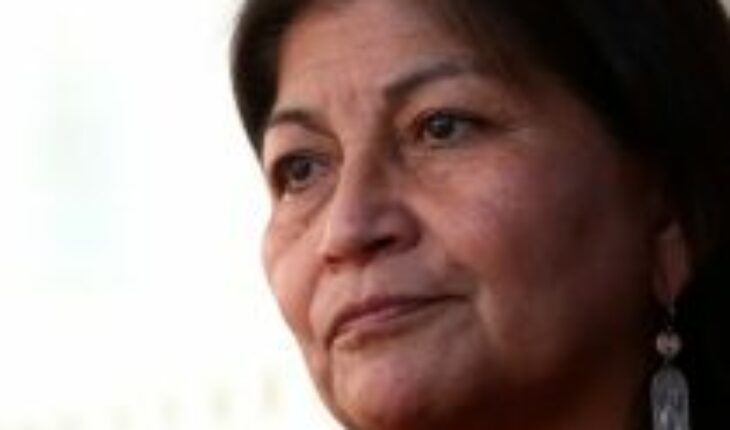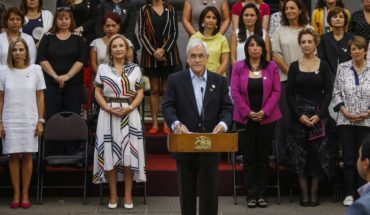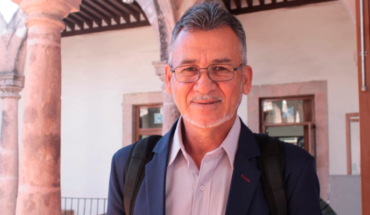Last week it was learned that Dr. Elisa Loncon – former president of the Constitutional Convention – filed an appeal for protection against the ex-conventional Renato Garín and Editorial Catalonia, seeking the immediate cessation of the publication of the book El fracas. How the Convention caught fire. According to the legal action, the book harms “the physical and mental integrity”, as well as “the right to protection of private life and honor” of Dr. Loncon, by detailing her participation in the Convention and using her image in a collage on the cover.
That a public figure tries to censor a book using the courts of law for this purpose brings to mind some of the darkest chapters of the transition to democracy. It is worth remembering how between the 1990s and 2000s the books Diplomatic Impunity by Francisco Martorell (1993), The Black Book of Chilean Justice by Alejandra Matus (1999) and Cecilia, la vida en llamas by Juan Cristóbal Peña (2003) were censored. The reason invoked was that “the right to a good name” was a kind of absolute constitutional right, which prevailed over others.
Currently, under the influence of U.S. law, it is accepted that, if there is a conflict between the right to “freedom of expression” and “honor or privacy”, the criterion for determining which premium is to establish whether there is a “public interest” in society knowing the background. Matters about the functioning of the State or general interests that may affect a significant part of the population are of public interest. Information concerning authorities and citizens who have decided to participate in the public debate, the so-called “public figures”, is also of public interest.
The U.S. Supreme Court has even pointed out that public figures must put up with criticism and ridicule about them, no matter how bad taste. An example is the case “Hustler v. Falwell” (1988), where he ruled that the pornographic magazine Hustler had the right to publish racy jokes about a conservative reverend. This case is shown in the 1996 film, The People vs. Larry Flynt, starring Woody Harrelson and Edward Norton.
In Chile, the criterion of “public interest” began to be used by the courts in 2013, in the case in which Chilevisión journalists secretly recorded Dr. Cordero – now a deputy – issuing psychiatric licenses without examining patients. The Supreme Court ruled that the public interest of knowing the content of the recordings prevailed to the detriment of the alleged confidentiality within the medical consultation (role 8393-2012). Since then, when the public interest is tested, the Court has always given primacy to the right to inform, over privacy and honor. Based on this criterion, last week the Supreme Court declared Dr. Loncon’s appeal inadmissible (roll 139.732-2022).
If Dr. Loncon decided to participate in the Constitutional Convention, it should have been assumed that all her actions would be subject to public scrutiny and criticism. If he took part in public sessions, posed for the cameras, gave interviews to journalists and assumed a position of authority, he cannot then demand the protection of the image that private citizens have, since he voluntarily resigned from it when assuming public office. Public figures must be better advised before embarking on an adventure as undemocratic as the attempt to censor a book.
Follow us on
The content expressed in this opinion column is the sole responsibility of its author, and does not necessarily reflect the editorial line or position of El Mostrador.





